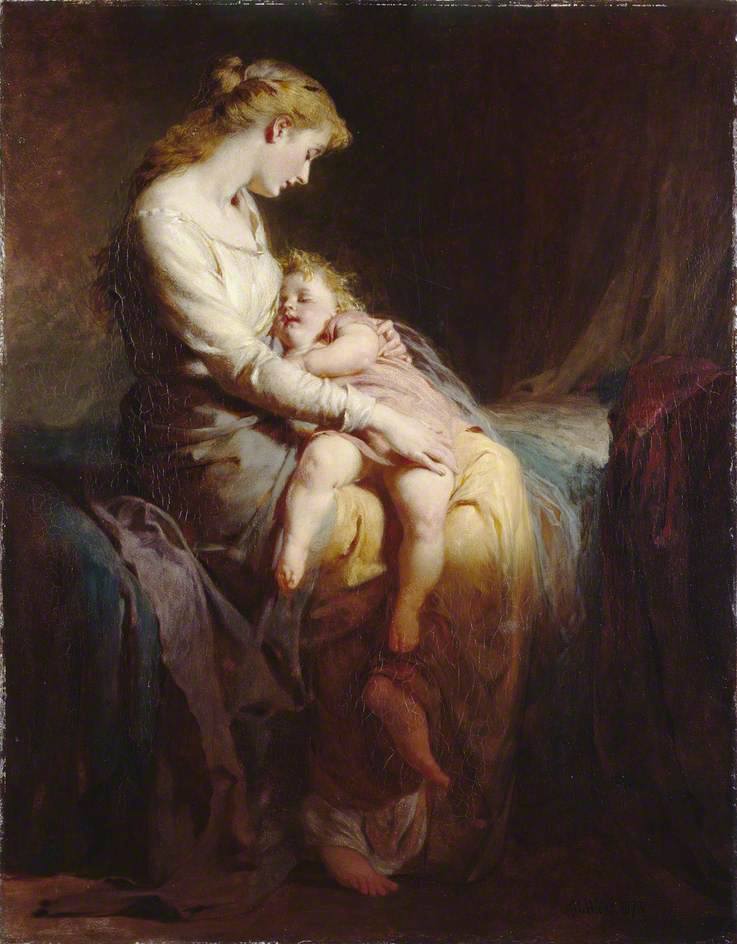Thomas Sully, Fanny Kemble
Financial vicissitudes drive a virtuous young lady to support herself and her family by acting in a provincial theater.
Nothing is known of Mrs. E.J. Burbury, author of only this single novel. She appears to have tried to fit into it every noteworthy experience she ever had, whether working in theater (the miserable conditions of which, especially for women, are vividly portrayed), or driving through Oxford by moonlight. It makes for fascinating reading, despite some mawkishness.
The author has a “clear appreciation of humour and of pathos—a firm hand in noting down the boundary lines and salient features of character, and a constancy . . . to the . . . purpose of her story.” Athenaeum, November 11, 1851
"It is refreshing to take up a romance and to find it is not altogether an unmitigated profitless ‘love story’. . . . Mrs. Burbury’s style is vigorous and effective, and the scenes she depicts, the characters she delineates, and the conversations she supposes, bear the stamp of a truthfulness, a penetration, and a depth of feeling, which would do honour to one who had been longer before the public. That part of the story which relates to the theatrical career Florence is with repugnance compelled to adopt . . . is handled in a fearless and masterly style.” New Quarterly Review, January, 1852
Download this week’s novel here:
http://solo.bodleian.ox.ac.uk/OXVU1:LSCOP_OX:oxfaleph014284777

























